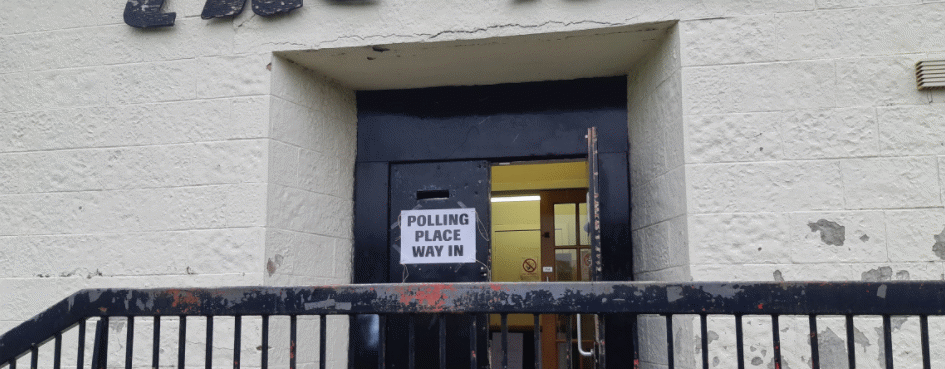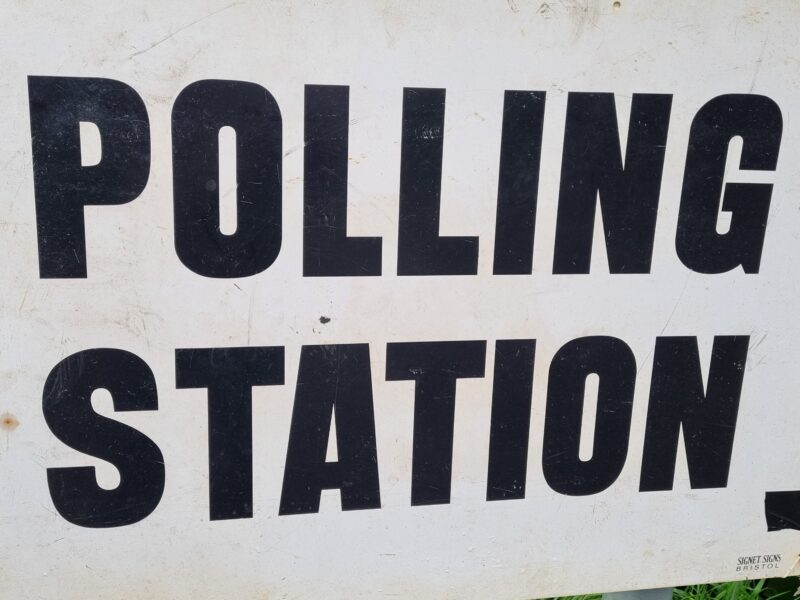Against the background of the worst drop in living standards for decades and the undisguised contempt shown by the Tory Government towards the plight of the lower paid, the council elections provided a great opportunity for Labour to fight back on behalf of working class people across the country.
Labour and Trade union activists all over the country will have delighted in seeing the defeat of hundreds of Tory councillors in these elections. 338 Tories were booted out in England and 86 in Wales alone. Scotland saw 63 Tories removed.
In the elections for the Northern Ireland Assembly, Sinn Féin won the most seats, the first time a nationalist party has been the main party. This is a historic event that we will cover in a separate article.
Labour gains in London
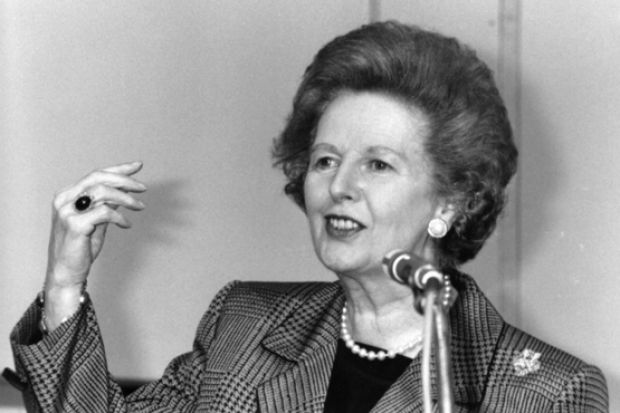
Labour campaigners in London will justifiably celebrate winning three councils from the Tories. Wandsworth council in South London, Thatcher’s favourite council, had been Tory since 1978 and was finally taken by Labour after they came within an agonising 200 votes of doing so under Corbyn in 2018. All three Parliamentary seats in the area had already been won by Labour, the latest, Putney, in 2019.
Westminster council, Tory since it was founded in 1964 and famous for gerrymandering and using housing policy to reduce working class votes in key wards, fell to Labour after the Tories lost 13 seats. Barnet, where the Tories prided themselves on being the “Ezy- Council”, a pioneer of outsourcing council services, finally fell.
Outside of London, only a handful of councils were won elsewhere in England: Southampton, Kirklees in West Yorkshire, Worthing in Sussex and the new unitary authority of Cumberland.
Labour’s projected share no higher than in 2018
Not all councillor positions were up for election so polling experts project a national share from the votes that did take place. In England compared to 2018 they show Labour made small gains in London, stayed static in the South and went down by 3 points in the North and Midlands. Overall, with a projected share of 35%, Labour is no further forward than in 2018 under Corbyn.
The TV studios have been full of senior supporters of Sir Keir Starmer parroting the same agreed phrases, hailing this as a “turning point” for the Labour party after the “disaster” of Corbyn. But sadly, this obvious spin just does not stand up to scrutiny.
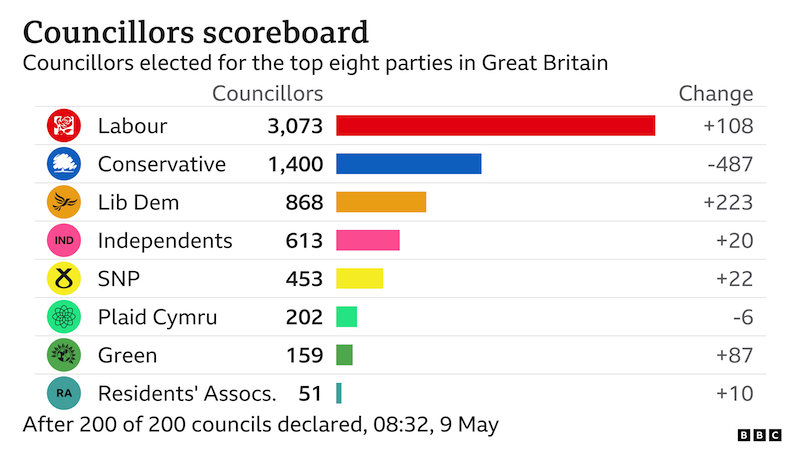
Labour had a net gain of 108 seats. Only 22 were in England compared to the 79 net gain in 2018 under Corbyn. Source: BBC
It is outside London that this truly dismal performance can be seen most clearly. Yes, Labour won seats in ones and twos in some districts, but faced with the most savage attack on workers’ living standards for generations, with a government reeking with dishonesty and corruption, with appalling racist and authoritarian bills going through Parliament and thousands of needless deaths to Covid, Labour actually lost seats.
Labour councillors lost out to Greens, Liberal Democrats and independents in Bradford, Sheffield, Newcastle, South Tyneside, Sunderland and Birmingham. The Liberal Democrats regained control of Hull City Council from Labour. In Tameside in Greater Manchester and Sandwell in the West Midlands it lost seats to the Tories! It failed to make any significant gains in a whole number of so-called “Red Wall” seats where the party needs to win Parliamentary seats.
Although the Tories lost 338 seats in England, Labour only gained 22. The biggest gains were made by the Liberal Democrats and even the Greens won 61. This is what comes of offering little or nothing in answer to the desperate situation that working people find themselves in. This is the result of spending more time attacking your own members and your predecessor than in fighting the Tories and the big business interests they represent.
Labour has greater success in Wales
Labour had greater success in Wales. Under the leadership of Mark Drakeford, a supporter of Jeremy Corbyn, seen as presenting a bolder, more radical programme, Welsh Labour gained 66 seats, while the Tories collapsed, losing 44% of their councillors. The Tories no longer control a single council in Wales. Labour won three times as many seats in Wales as it did in the whole of England. However, there was a setback in the traditional coal mining and steel area of Neath Port Talbot where independents won seats, leaving Labour without control there for the first time in generations.
Plaid Cymru, the Welsh nationalist party, lost councillors overall but gained three councils in rural north and west Wales, all previously with no overall control. Drakeford has cleverly negotiated and represented feelings of Welsh national pride and sense of injustice, and in Wales the nationalist party has not advanced like the main nationalist party in Scotland has.
Labour regains second place in Scotland
In Scotland, the Tories vote share dropped from 25.3% to 19.7% and Labour overtook them by moving up slightly to 21.8%. The Scottish National Party (SNP) retained their first place position increasing their vote share to 34.1%.
This is the tenth election in a row (local, Scottish Government and national) where the SNP has been the majority party. People were voting on local issues as well as the constitutional question of Scottish independence. The SNP has lost some of its “gloss” on local issues like in Glasgow where they closed libraries and cut services. As a result they retained the council but just by one seat from Labour (37 versus 36). The SNP celebrated winning overall control of Dundee Council but that was achieved just by the winning of one seat from an Independent.
The population remains very much split down the middle on the question of independence. Regular polling showed a small majority in favour through most of 2020 into 2021 but for the past year a small majority against. There were signs in this election that class issues were coming to the fore, as reflected in the small gains for Labour, like in West Dunbartonshire where Labour won four seats and took control from the SNP. The Alba party of former SNP Leader Alex Salmond had a miserable showing with all 111 candidates missing out, none with a vote higher than 5%. The party campaigned for immediate action on independence and a terrible position on trans rights.
Labour’s failure to inspire working class people
Given the historic levels of corruption, scandal and incompetence of the Johnson government, Labour should have won far more than 22 council seats in England and 108 council seats across England, Wales and Scotland. It is a miserable showing for the Labour Party “under new management” who should be flying high and twenty points ahead in the polls.
We have had to witness the unedifying spectacle of Shadow Cabinet members talking up these meagre gains on the grounds that these seats were last contested in 2018 – a “highpoint”, apparently, from which it is too difficult to make any more gains. Strange then how many of these same people, together with like minded propagandists in the media spent the initial days following the 2018 election describing it as a “bad night for Labour” and a missed opportunity for Corbyn because he only made a net 79 gains in England (more than treble this 2022 result).
Right wing continue to blame Corbyn
Even now, the current right wing leadership continues to seek to blame Corbyn for their failures. It wasn’t Corbyn who lost the Westminster seat of Hartlepool to the Tories, and almost lost Batley and Spen. It was Labour under Starmer’s leadership.
Starmer chose this time to highlight the success in Barnet, the London area with the largest Jewish population (15.5%), because it fed into his narrative about the centrality of the issue of antisemitism. He still wants to use this issue as a stick to beat the left. It is undoubtedly true that many Jewish voters in Barnet were deeply concerned about the impression given by the mainstream media, some right-wing Jewish newspapers, and many members on the right of the Labour party itself, that antisemitism was endemic in the party, a huge problem, and that Corbyn himself was not to be trusted on the issue. It is true that Labour lost seats (though not votes share) in 2018. However, more detailed research has shown that the impact of the issue on Jewish voters is often exaggerated. Labour’s success in Barnet is as much to do with the Tories’ brutal approach to council services.
The current Labour leadership attacks the Conservatives as a party but they fail to attack the fundamental tenets of the conservative ideology that the party represents. There was no sense of excitement, motivation, urgency or pizzazz in Labour’s campaign. Compared to Corbyn’s campaigns, it is like comparing a Formula 1 car to a Morris Minor, the main difference being that there was a mountain of press poison and lies thrown at Corbyn.
Even Starmer’s obsession with presenting himself through “Partygate” as a statesman with integrity has been undermined now that he himself is under investigation for potential breaking of Covid lockdown rules (although not on the industrial scale of Boris Johnson). On his big “turning point” day he finds himself interrogated by gleeful interviewers about his beer and curry and whether or not he should resign. Ordinary party members have every right to be angry and frustrated.
The mixed picture in London
Even in London, the story is mixed. Labour lost Harrow, and odd seats to the Greens and Liberals in various places.
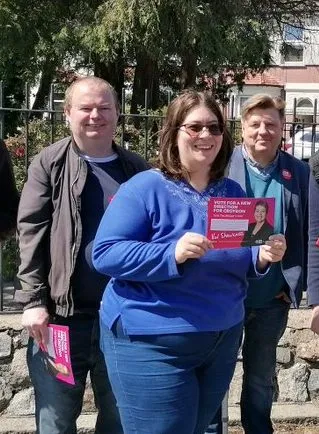
Labour’s right wing General Secretary, David Evans campaigning with Mark and Maddie Henson in Croydon where Labour lost 7 seats.
In Croydon, Labour lost the Mayoralty to the Tories by a whisker. After a really long and incompetent election count they also lost 7 seats and with it control of the Council. The voters delivered their verdict on the financial scandal and incompetence that has riddled the council.
In Tower Hamlets, Labour lost the Mayoralty to Lutfur Rahman, and lost 23 seats to his independent group, “Aspire”, and one to the Greens. Aspire are a local party, way to the left of mainstream Labour, with particular roots in the local Bengali community, much of which is a legacy of Respect’s previous victory in the area. His radical policies on housing and many other local services and his opposition to some property developments in this borough in the shadow of the City of London has swept him back into power. If only Labour had put forward such a radical message.
Stop the attacks on the party membership
Labour’s campaign was lacklustre in most areas. Activists in the Labour Party have seen fewer party members out doing election work and there is anecdotal evidence of some members being reluctant even to vote Labour. Many party members were reticent to campaign for a party that has attacked and harassed them for two and a half years, or which has suspended, bullied or expelled their friends and comrades, even the previous leader.
But the Labour Party remains the party that working class people look to. Even after the right wing attacks in the Labour Party the small left groups did not show any change in credibility, normally receiving less than 300 votes per candidate as against thousands for the Labour Party.
Labour needs a socialist programme
For every disillusioned activist there are hundreds more who want to end the rule of the Tories and get some respite, however small, from the attacks on their living standards, hospitals, schools and civil rights. They may not think that much will change but they want the Tories out as a minimum.
It is the role of socialists to support these desires, to put Labour into power and demand real change to the lives of working people. Socialist demands will appeal, not just to more advanced or impatient workers who have already seen through the failures of the right wing, but also to larger and larger layers of the working class, inside and outside the Labour Party.
We need to build support in every workplace, every union, every community campaign or protest movement. We have to convince all sections of the working class – white collar, or service workers or factory workers, precarious, zero-hours workers as well as well-organised industrial workers, women or men, of whatever race or nationality, of whatever sexuality or gender identity. We call upon those who are already impatient for change to join with us in building support for the socialist ideas needed to transform society.

